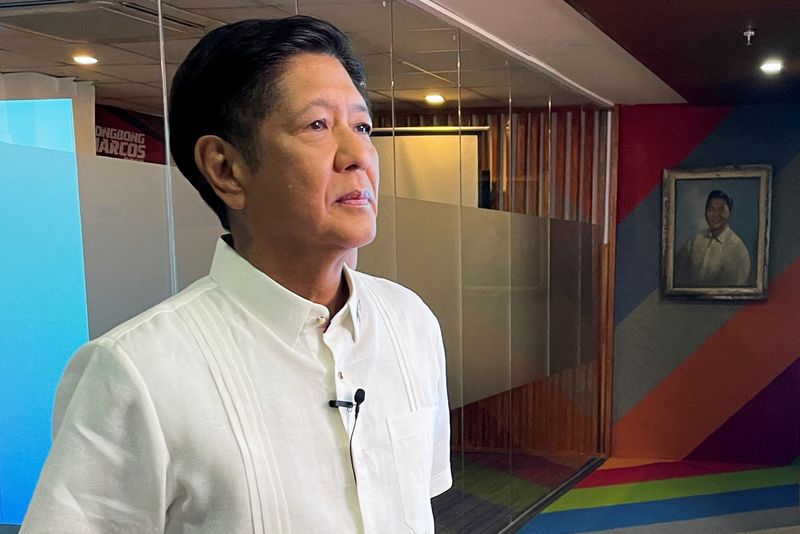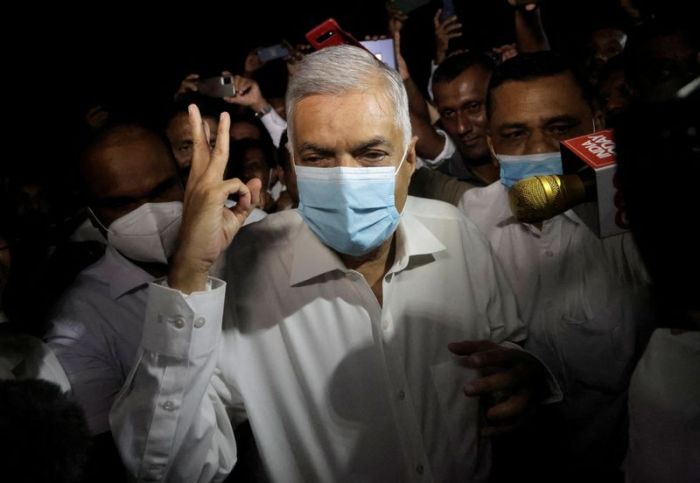MANILA (Reuters) – Relations between the Philippines and China will become stronger under the Southeast Asian country’s incoming president, Ferdinand Marcos Jr, China’s ambassador to Manila said on Thursday.
Marcos, the son and namesake of a former dictator, won an election this week by a landslide, a victory that could reshape his country’s ties with both China and the United States.
China was looking forward to working with the new government to upgrade cooperation, Ambassador Huang Xilian said in a Facebook post.
Marcos has long-standing ties with China and is seeking a new deal with Chinese President Xi Jinping over the contested waters of the South China Sea.
The Philippines is pivotal in the rivalry between the United States and China. Its maritime territory includes part of the South China Sea, a strategic and resource-rich waterway over which China also claims sovereignty.
The Philippines is a long-standing treaty ally of the United States but the victory of Marcos is a potential blow to U.S. efforts to push back against China.
The relationship Marcos has had with the United States has been complicated by a contempt-of-court order for his refusal to cooperate with the District Court of Hawaii, which in 1995 ordered the Marcos family to pay $2 billion of plundered wealth to victims of Marcos Sr.’s rule.
Kurt Campbell, the White House coordinator for the Indo-Pacific, said on Wednesday the United States was seeking early engagement with the Marcos administration though he added thathistorical considerations meant there would probably be “some initial challenges”.
U.S. President Joe Biden called Marcos to congratulate him on his victory and said he looked forward to strengthening their alliance, the White House said.
“Thank you to leaders around the world who have extended their congratulations following our country’s historic elections,” Marcos said on Twitter late on Thursday.
“I look forward with great enthusiasm to working with the international community.”
(Reporting by Neil Jerome Morales; Writing by Ed Davies; Editing by Robert Birsel)

























